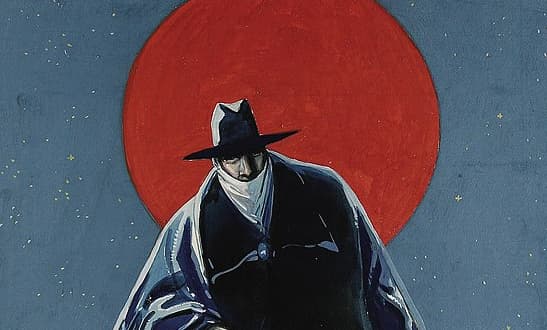
Could the Supreme Court’s Tariff Decision Be Applied to the Fed?
By THE NEW YORK SUN
|Despite Biden’s vow to stay the course on inflation, the omnibus spending bill threatens to repeat the error of the 2021 $1.9 trillion stimulus, which triggered a spiral of price increases not seen in 40 years.

Already have a subscription? Sign in to continue reading

By THE NEW YORK SUN
|
By GEORGE WILLIS
|
By CARL ROLLYSON
|$0.01/day for 60 days
Cancel anytime
By continuing you agree to our Privacy Policy and Terms of Service.